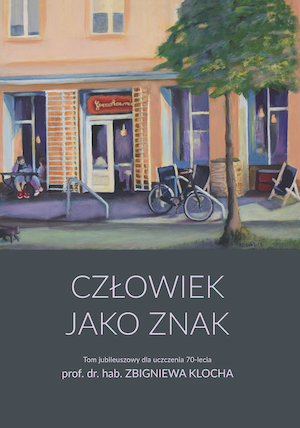Prawda dyskursu średniowiecznej kroniki
Discourse and Truth in the Medieval Chronicle
Author(s): Maciej Abramowicz
Subject(s): Media studies, Studies of Literature, Communication studies, Theory of Communication, Theory of Literature, Sociology of Literature
Published by: Wydawnictwa Uniwersytetu Warszawskiego
Keywords: Middle Ages; chronicle; truth; discourse; Henry of Flanders
Summary/Abstract: All narrative genres of French medieval literature employ a complex rhetorical device which is conceived to persuade the reader to believe in the historical veracity of the narrative that he or she is reading. That this and other related discursive devices can also be found in a chronicle may strike one as surprising, considering that this genre depends on historical referentiality by definition. My analysis of the 13th-century chronicles of Henry of Valenciennes has shown that the notion of ‘truth’ presented in the text does not fit within the narrow parameters of referential or historical truth. This broader notion of truth can be referred to as syncretic truth, one that combines the truth about historical events with commonly accepted cultural assumptions, beliefs, and ideals. It is on the authority of this notion of truth that the idealisation of the main character, who thereby assumes the role of a textual sign, takes place. In this frame of reference, Henry of Flanders is more accurately defined as an ideal ruler and warrior rather than the Emperor of Constantinople of 1206–1216.
Book: Człowiek jako znak
- Page Range: 197-208
- Page Count: 12
- Publication Year: 2021
- Language: Polish
- Content File-PDF

